"We Cried Power" tells the story of a bold new social movement to end poverty in the United States, inspired by Martin Luther King, Jr.'s 1968 Poor People's Campaign. The original Poor People's Campaign was Dr. King's last great work, uniting poor and working people across race to demand an end to poverty, racism, and war.
Today, a revived Poor People's Campaign led by Rev. Dr. William J. Barber and Rev. Dr. Liz Theoharis is carrying forward this work. 140 million people in the United States are poor or low-income. In the wealthiest society in human history, nearly half of the population lives in poverty or is struggling to make ends meet and cannot afford a $400 emergency.
On MLK Day, see a sneak preview of "We Cried Power" - an intimate account of a "season of resistance," told through the eyes of the mothers, veterans, preachers, and students who are the voices and founding members of this new “fusion” movement. The film bears witness to the profound process by which those without power decide not to accept their powerlessness. Instead, they claim - through protest, dance, song, and poems, through testimony and tears - their birthright: to live decent lives in the United States of America.

- This event has passed.
“We Cried Power” tells the story of a bold new social movement to end poverty in the United States, inspired by Martin Luther King, Jr.’s 1968 Poor People’s Campaign. The original Poor People’s Campaign was Dr. King’s last great work, uniting poor and working people across race to demand an end to poverty, racism, and war.
Today, a revived Poor People’s Campaign led by Rev. Dr. William J. Barber and Rev. Dr. Liz Theoharis is carrying forward this work. 140 million people in the United States are poor or low-income. In the wealthiest society in human history, nearly half of the population lives in poverty or is struggling to make ends meet and cannot afford a $400 emergency.
On MLK Day, see a sneak preview of “We Cried Power” – an intimate account of a “season of resistance,” told through the eyes of the mothers, veterans, preachers, and students who are the voices and founding members of this new “fusion” movement. The film bears witness to the profound process by which those without power decide not to accept their powerlessness. Instead, they claim – through protest, dance, song, and poems, through testimony and tears – their birthright: to live decent lives in the United States of America.
